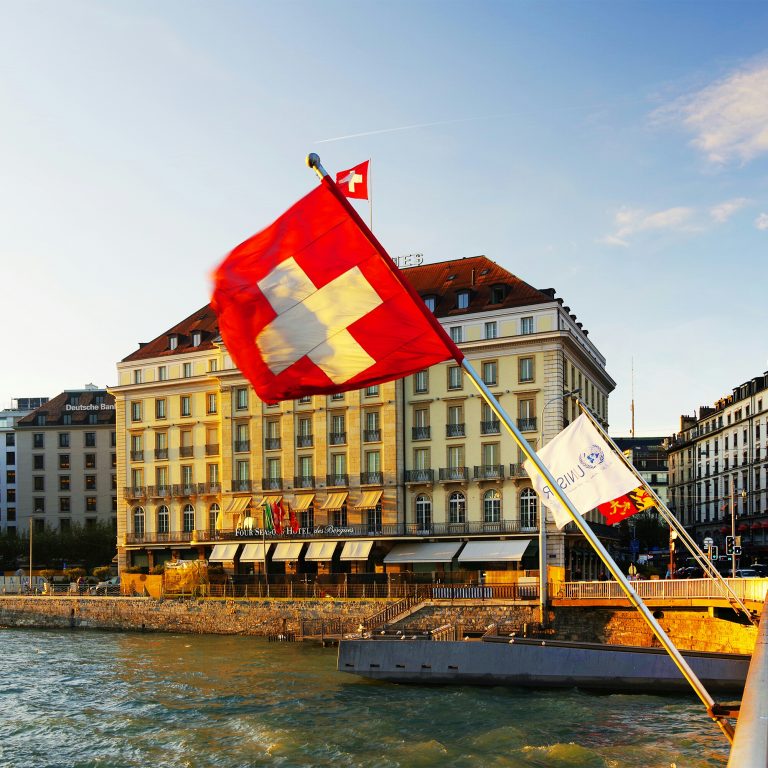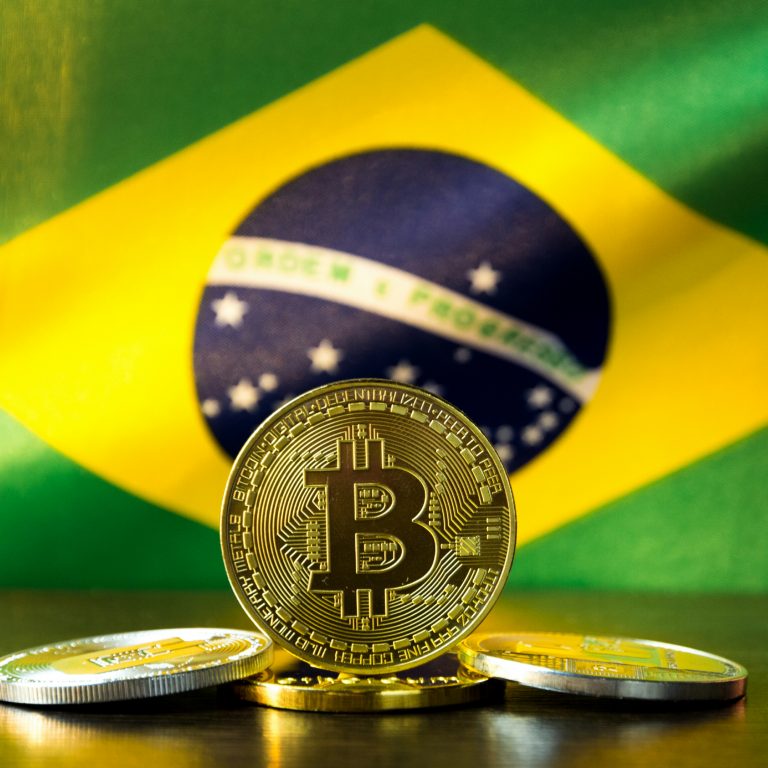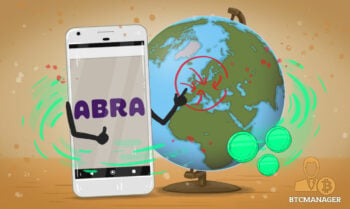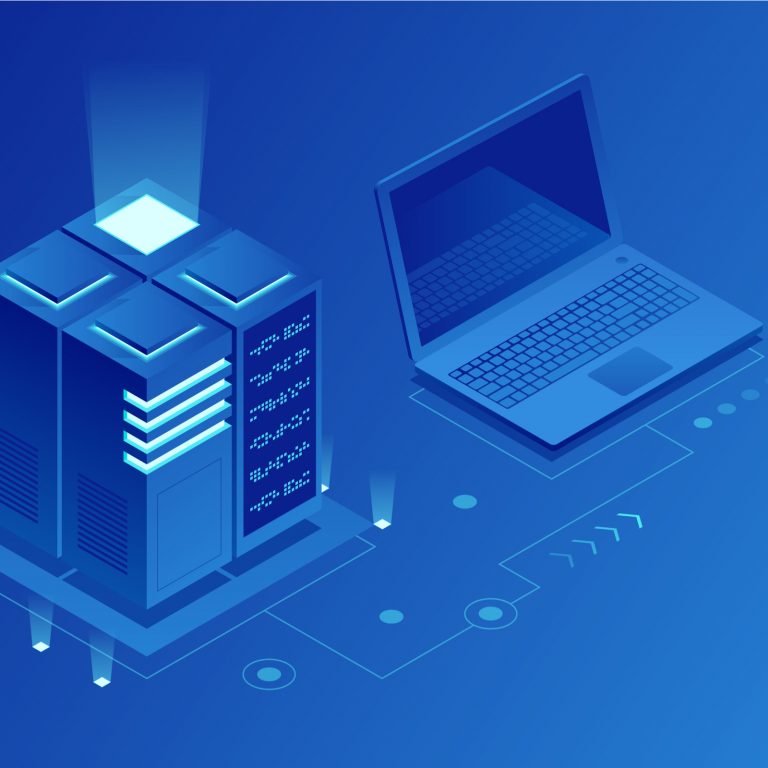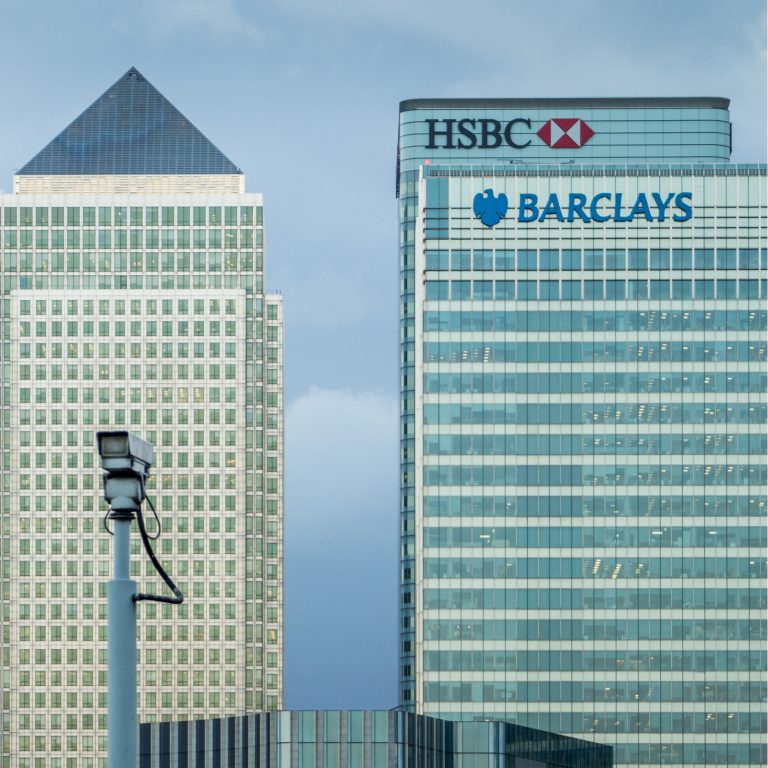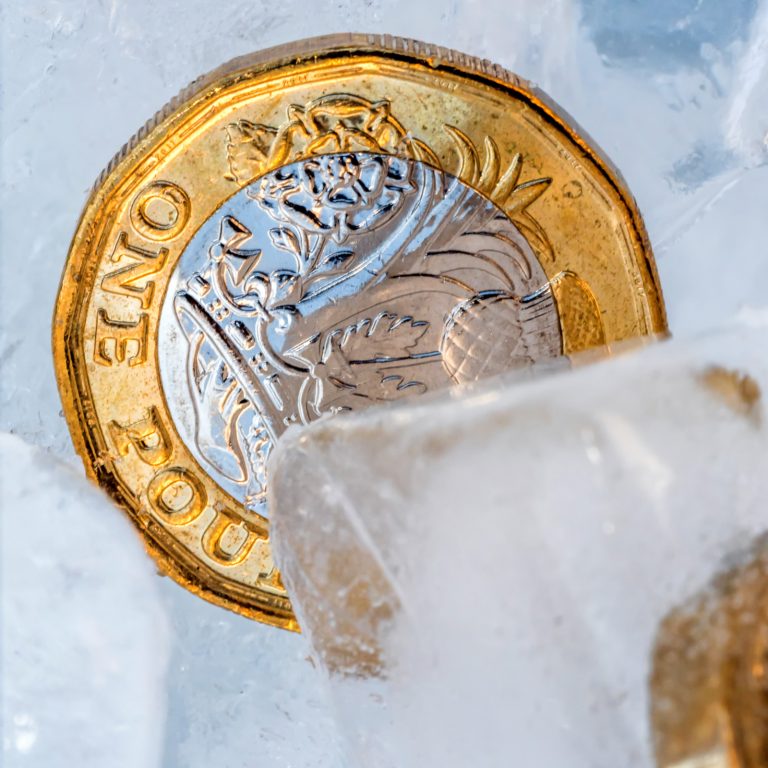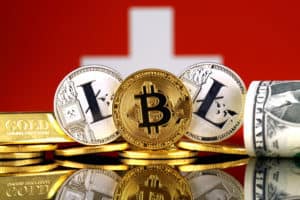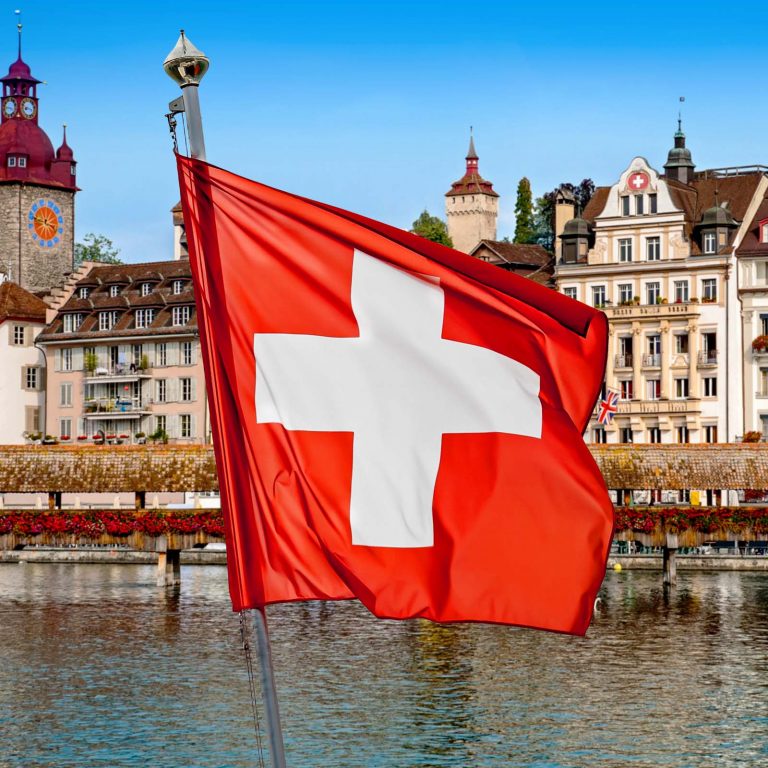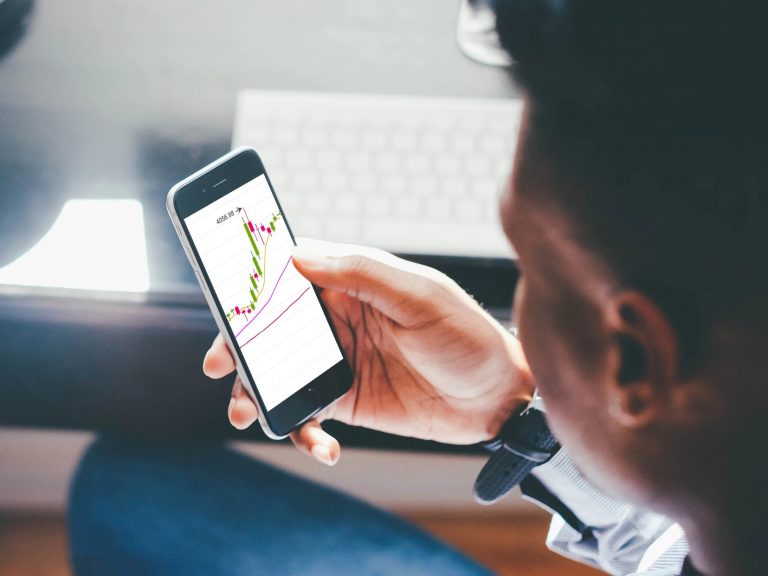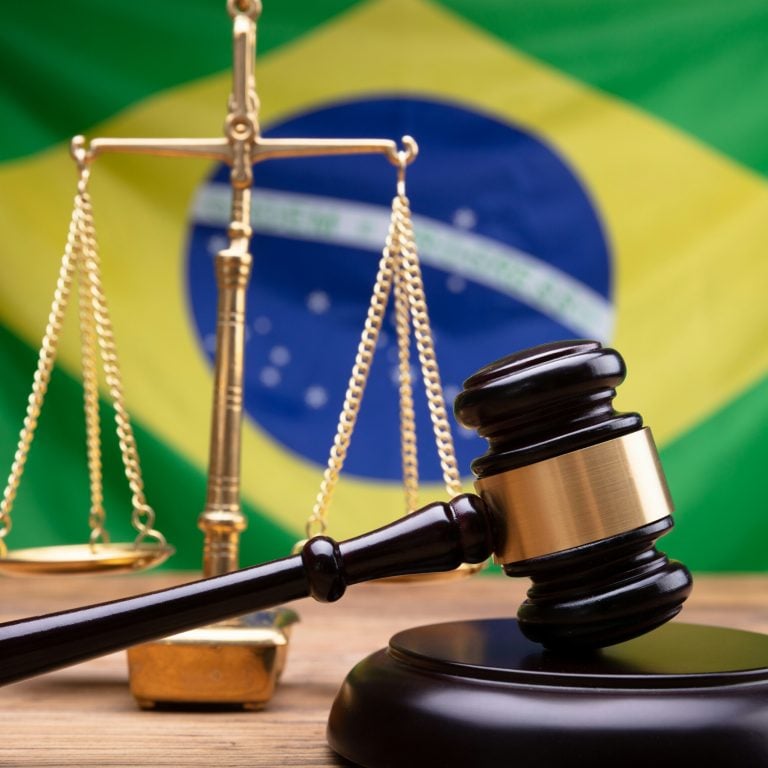
2018-11-1 03:00 |
A Brazilian court has ordered the reopening of cryptocurrency exchange Bitcoin Max’s bank accounts, which were closed without explanation by Banco do Brasil and Banco Santander in September. The two banks have reportedly reactivated the accounts to avoid paying fines.
Also Read: Kenya’s Bithub Africa Mines Bitcoin Using Solar Power
Threat of Fine Forces Banco Do Brasil and Banco Santander to Reactivate Exchange’s AccountsAccording to local news site Portal do Bitcoin, Brazil’s Federal District Court promised to slap Santander with a fine of 5,000 real ($1,350) and Banco do Brasil with 20,000 real ($5,400) should both fail to comply with the preliminary judgement. Leonardo Ranna, a lawyer representing Bitcoin Max, said that all of the exchange’s accounts “have been restored, including those of exchange partners.”
In September, the Administrative Council for Economic Defense (CADE), a transparency and competition body, started to investigate six of Brazil’s biggest banks after they closed accounts belonging to digital currency exchanges without explanation and refused to discuss the decision. The probe centred around allegations of “monopolistic practices … that could be limiting the action of brokers” within the cryptocurrency industry.
Results of the investigation are not yet known. The ruling against Banco Santander may only be temporary, however. The bank only complied on account of a “kind of injunction” that compelled it to reopen Bitcoin Max’s accounts within five days, Portal do Bitcoin reported. The injunction had been previously denied by a judge at a lower court, forcing the exchange’s lawyers to appeal to the Federal District Court.
The latest ruling by Ana Catarino, a judge with the higher court, was based on Banco Santander’s unilateral decision to close the exchange’s accounts without explanation, something that the court described as “abusive conduct that is prohibited by consumer protection rules.”
When Banco do Brasil shut down Bitcoin Max’s account, about $32,400 of the exchange’s money was stored in it. The exchange filed a lawsuit against the bank on Sept. 12. An injunction was turned down initially but a Federal District Court judge later gave the bank a 24-hour ultimatum to reactivate Bitcoin Max’s accounts or face a fine of about $540 a day.
Arbitrary Bank Account ClosuresAdriano Zanella, chief executive officer of Bitcoin Max, said they were never made aware of the account closures and that he learned of the blockage via the manager of an agency. During the investigation by CADE, the transparency body accused major banks of “imposing restrictions or even prohibiting access to the financial system by cryptocurrency brokerages.” The banks denied the charge, saying accounts were closed as a security measure to prevent money laundering. Some of the banks under investigation include Banco Santander Brasil SA, Banco Bradesco SA, Banco do Brasil SA, Itau Unibanco Holding SA and Banco Inter and Sicredi.
Brazil is a hive of cryptocurrency activity in Latin America. The number of people trading bitcoin and other cryptocurrencies has soared from less than 100,000 two years ago to about 1.4 million today. More than $2.4 billion worth of BTC was traded in the country last year, up from just $160 million in 2016.
In January, Brazil’s Securities and Exchange Commission stopped local investment funds from buying digital coins because “cryptocurrencies cannot be qualified financial assets.” The commission, however, made a U-turn immediately after, allowing for indirect ownership, meaning Brazilians could buy into crypto-related investment funds. Even politicians in the country are talking about bitcoin; a candidate in the recent presidential election campaigned for formally legalizing bitcoin.
What do you think about the relationship between virtual currency exchanges and legacy financial institutions? Let us know in the comments section below.
Images courtesy of Shutterstock.
Verify and track bitcoin cash transactions on our BCH Block Explorer, the best of its kind anywhere in the world. Also, keep up with your holdings, BCH and other coins, on our market charts at Satoshi’s Pulse, another original and free service from Bitcoin.com.
The post Brazilian Banks Ordered to Reopen Cryptocurrency Exchange’s Frozen Accounts appeared first on Bitcoin News.
origin »Safe Exchange Coin (SAFEX) íà Currencies.ru
|
|




